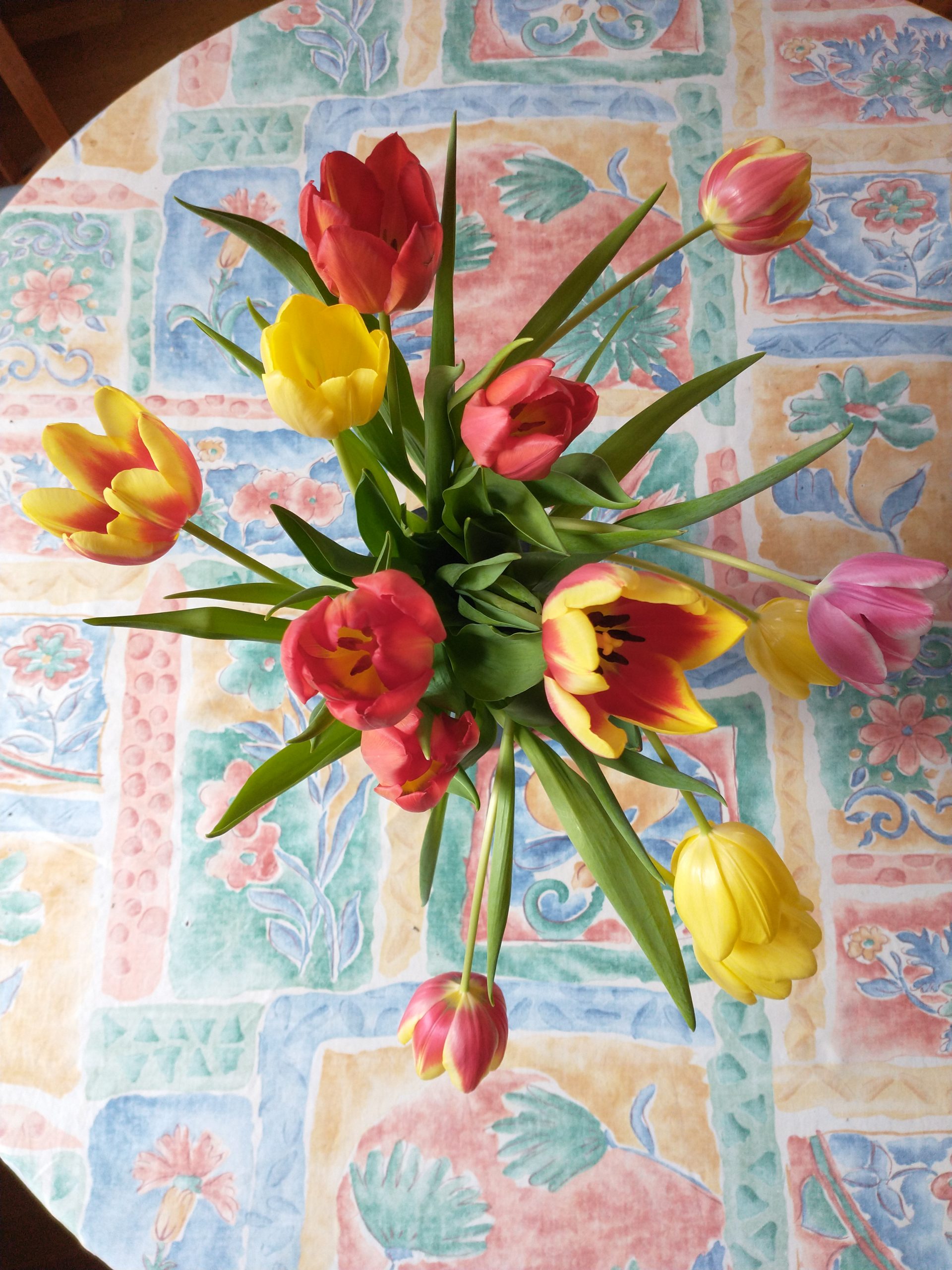 I’ve been watching Channel 4’s new series, ‘The Piano’, in which amateur piano-playing members of the public put themselves forward to come and play an upright piano in the foyer of one of Britain’s main railway stations.
I’ve been watching Channel 4’s new series, ‘The Piano’, in which amateur piano-playing members of the public put themselves forward to come and play an upright piano in the foyer of one of Britain’s main railway stations.
Unknown to them, watching behind the scenes are two judges, the Chinese virtuoso Lang Lang and the singer-songwriter Mika, who comment (‘privately’, for viewers’ benefit) on their playing and select one person per episode to go forward to a concert at London’s Royal Festival Hall.
The cast of players is extremely varied – from people who taught themselves to play during lockdown, to classically trained people who’ve been playing for decades. They play in all styles, from boogie-woogie to their own meditative compositions, and from Chopin to rapping over their own piano playing. The standout so far is Lucy, an astonishing 13-year-old girl, blind and neuro-diverse, whose playing of a Chopin Nocturne had everyone spellbound.
It’s fascinating to see the different approaches, and the reactions of the public who happen across the filming as they make their way to their trains. The whole thing is a tribute to the piano’s ability to rise to every occasion.
In the foreword to my book The Piano – a History in 100 Pieces, published during semi-lockdown in 2021, I commented that the pandemic had given the piano a new prominence. Many people, stuck at home, turned to the piano, sometimes acquiring one for the first time in order to learn how to play it. The piano is perfect for such times because one person can play melody and harmony by themselves without needing other instrumentalists to complete the picture.
It’s remarkable how far some people have been able to get without traditional piano lessons. I admire them for being able to make the music they want despite technical limitations. At the same time, it’s tempting to shout at the screen, ‘Just give me a couple of hours with that person and they’d be playing more easily!’ Many pianists and piano teachers must, I imagine, be thinking the same thing.
Yet of course this isn’t the point. The point is the diversity, and the resourcefulness of the amateur pianists is a lovely thing to see.




I am inspired to write having heard your lovely rendition of Billy Mayerl on Radio 3 this morning. Is the point that the individuality/ resourcefulness of the amateur pianist is key? Or having the facility to be able to play so much better with the tools given by a good teacher…?. Recently I invited a friend who ‘ passed’ Grade 8 several years ago and still is having lessons ( with the same teacher) to play duets to discover they were completely stumped by pre-grade one sight reading, apparently decoding every bar bar by bar to learn very complex pieces, I think I am glad I was taught by someone who gave me basic tools to play with other people, or at least to assimilate the relevant tools at each stage of my playing to be able to ‘ play more easily’ even if it is not with the facility and gift of a virtuoso. Of course it is wonderful to see people enjoying making music from singing in a primary school choir to performing on a station platform but I also sometimes itch to say “Just give me a couple of hours!”